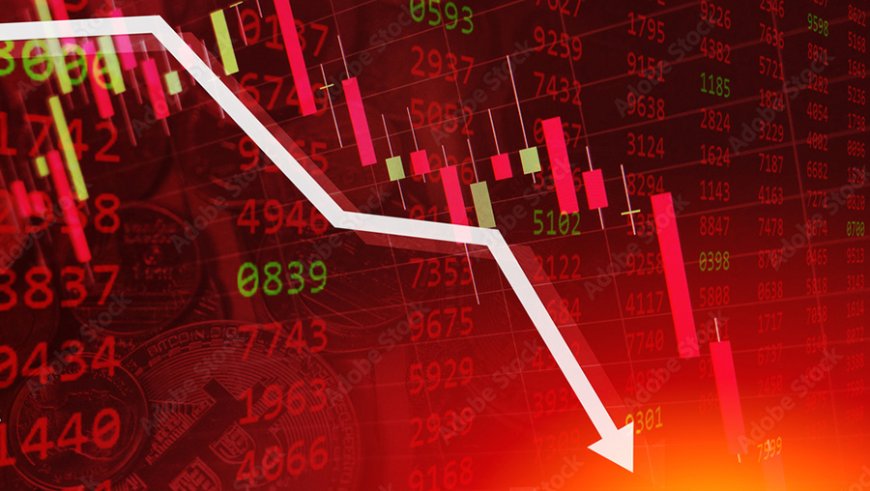Nigerians Stocks close August in red as investors dither on the economy

The Nigeria All Share Index closed the month of August in negative territory as investors battled with a flurry of macroeconomic headwinds and uncertainty around bank recapitalization.
The NGX All Share Index fell by 1.22% in the month of August marking back-to-back monthly losses after it fell 2.28% in July.
This is also the first-time stocks have fallen in consecutive months since April 2023 suggesting bears are in the firm control.
Market Performance
The Nigeria All Share Index which represents all stocks fell 1.22% in August dominated by losses my large cap stocks, the NGX Premium Index.
The All Share Index year to date return has now fallen to 29.1% down from the March 2024 high of 39.8%. Stocks have now posted losses three months out of eight this year with April experiencing the largest drop at a whopping 6% the largest monthly drop since January 2021.
Other highlights
- The NGX Premium Index fell by a massive 5.16% in the month of August driven by SWOOTs, Dangote Cement, BUA Cement and MTN.
- The three stocks have a combined market capitalization of over N15 trillion representing over 27% of the market capitalization of the NGX.
- Dangote Cement has seen its share price decline by 19% while BUA Cement has recorded a 20.5% drop in August.
- MTN on the other hand has seen its share price fall 10% following back to back losses induced by foreign exchange challenges.
In total, 50 stocks fell in the month of August while 64 stocks gain with the remaining stocks ending flat at 0%.
Top Gainers: Driving the gainers chart for the month of August is Oando Plc topping the gainers chart with a whopping 435.9%. The stock gained 60.7% in the last week of August alone.
- Oando’s gaining streak has come on the back of a string of positive news, especially the acquisition of a significant stake in Agip upstream asset.
- Also joining the gainers chart was Julius Berger and TotalEnergies with a gain of 74% and 73% respectively.
Top Losers: Apart from heavy weights, BUA, MTN and BUA Cement, n the losers chart were United Capital, Nestle and Fidson.
- The losses recorded in August could also be attributed to profit-taking activities, as well as the impact of several dividend payments made during the period, which often lead to price adjustments.
- Additionally, investors seem to be positioning themselves ahead of the third-quarter results expected in October, indicating a strategic shift in focus.
Furthermore, a significant portion of retail investors’ inflows appears to be gravitating towards bank recapitalization efforts, with nearly a trillion naira raised in just a few months, diverting attention and capital away from other sectors.
Macro Challenges
Bureau of Statistics, which reveal a downward trend in the inflation rate after months of consistent increases. This decline in inflation is a positive signal for the economy, suggesting that some of the pressures that have been driving up costs for businesses and consumers may be easing.
- In addition to the encouraging inflation data, the latest GDP report indicates that the Nigerian economy grew at a faster pace in the second quarter of the year, recording a 3.19% growth rate.
- This marks the fastest second-quarter growth since 2021, highlighting a robust economic recovery.
- The stronger-than-expected GDP performance reflects improvements in various sectors, including agriculture, manufacturing, and services, which have contributed to the overall economic expansion.
- However, despite these positive macroeconomic indicators, the stock market’s performance has not mirrored the broader economic recovery.
- This disconnect may be attributed to investors’ caution in the face of lingering uncertainties and their focus on profit-taking after a period of gains.
Additionally, with inflation now trending downward and GDP growth accelerating, investors may be adjusting their portfolios in anticipation of new opportunities, particularly as they await the upcoming third-quarter earnings reports in October.
The shift of retail investor inflows towards bank recapitalization efforts, which have raised nearly a trillion naira in recent months, further underscores the dynamic and evolving nature of the market during this period.
Nigerians Stocks close August in red as investors dither on the economy - Nairametrics









